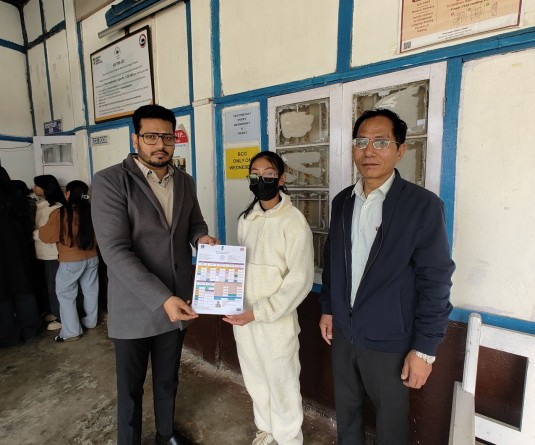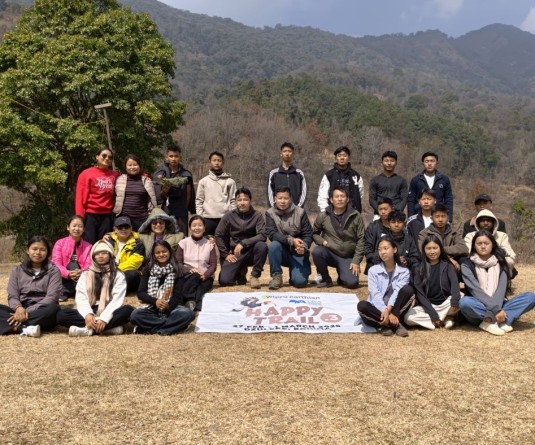
Kohima, November 30 (MExN): While the rest of the world celebrates World AIDS Day on December 1, HIV and AIDS workers in Nagaland have been forced to boycott the same owing to the failure of the government to release grants to NGOs working in the field of HIV and AIDS.
“During World AIDS Day, in other parts of the world, Government and donors provide awards and recognition to the field workers for their contribution towards HIV response. However, it is very unfortunate here in Nagaland, the Nagaland Targeted Intervention Employees Forum (NTIEF) has to boycott the observation of World AIDS Day 2016 due to NACO/NSACS and State Government’s lackadaisical attitude towards the HIV and AIDS grassroots workers,” lamented Abou Mere, President, NNagaDAO and Director, Kripa Foundation in a press release.
The non release of HIV grants to NGOs working in the field of HIV and AIDS, he said, has left their grassroots staff without a salary for the last fiscal year (December 2015 to March 2016).
It may be noted that Network of Nagaland Drugs and AIDS Organisation (NNagaDAO) had organized a peaceful protest rally against NACO in Kohima on November 10 for the non-payment of work done for HIV and AIDS intervention in Nagaland state and gave a representation to the Chief Minister of Nagaland. In response to the peaceful protest rally, the Governor office had written to Chief Minister’s office on November 22, 2016 to take necessary action as deemed fit, the release said.
In this light, Mere expressed belief that Chief Minister TR Zeliang will announce action taken by his office during the ‘World AIDS Day’ programme at Naga Heritage Village, Kisama.
The theme for this year’s World AIDS Day is "Hands up for HIV prevention". Emphasizing the different aspects of HIV prevention, this campaign also focuses on what prevention means, including for adolescent boys, girls and young women, key and vulnerable populations, and people living with HIV. Global and local evidence shows that the decline in new HIV infections among adults has slowed in recent years, the release mentioned. Hence, prevention efforts must be reinvigorated to stay on the Fast-Track to end the AIDS epidemic by 2030. This has to be done while sustaining and strengthening treatment and care for people living with HIV, it added.






